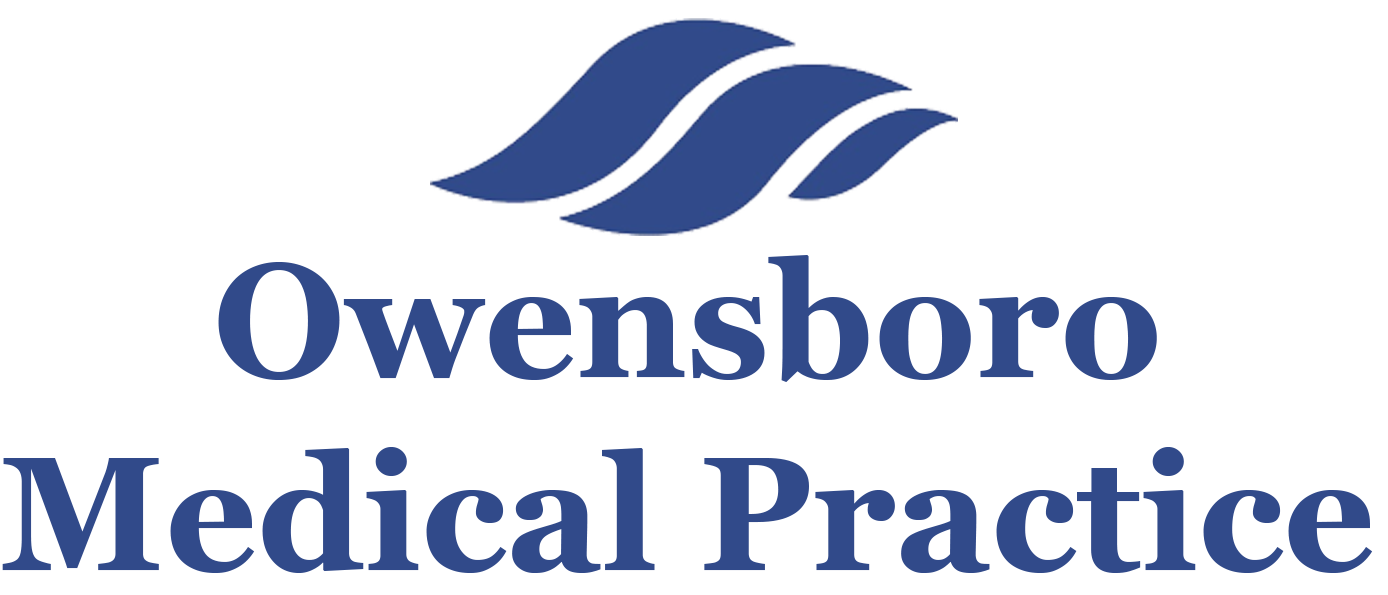Stress Echocardiogram
A stress echocardiogram also known as ‘Stress echo’ is a simple, painless, non-invasive test used to determine how well your heart and blood vessels are functioning.
Patients with coronary artery disease may not show symptoms at rest. When applied the stress of exercise, the heart pumps more blood. The arteries that are open will dilate to allow more blood but the arteries with blockage will have less blood flow. This difference in the amount of blood flow will produce symptoms like chest pain and discomfort.
The stress echo can either be ‘Exercise stress echo’ or ‘Dobutamine stress echo’.
During exercise stress echo, the patient will be asked to exercise on a treadmill or a stationary bike. The patient will be asked to stop the exercise when the target heart rate for the age is reached or when the patient develops some symptoms that the provider may think are too risky to continue the test. An echocardiogram is done before the exercise (at rest) and later after exercise.
In case of patients who are not able to exercise due to various physical limitations, the stress may be induces by a medication like Dobutamine and the test is then known as ‘Dobutamine stress echo’.Dobutamine is adrenaline like substance which when injected mimics exercise and makes the heart beat faster. An echo cardiogram is done before and after the dobutamine injection.
Stress Echo is used to determine:
- how well your heart tolerates any activity
- the progress of known heart valve disease
- to decide the amount of safe exercise before starting a cardiac rehabilitation program after a heart surgery
